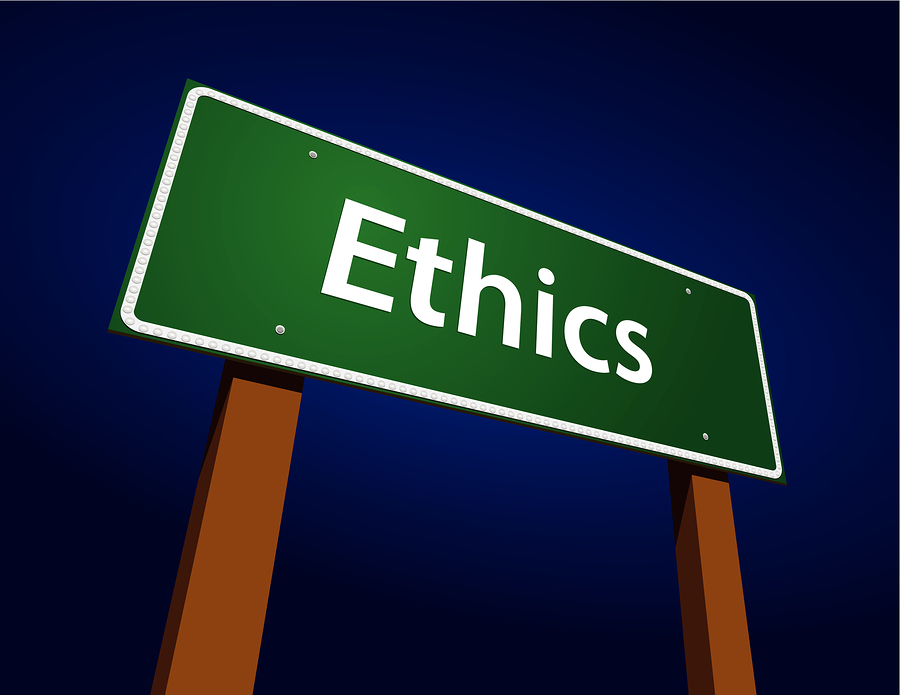Throughout the 2016 election, campaign finance was a constant topic of controversy. Until 2016, Missouri was just one of a handful of states with no limits on campaign contributions or lobbyist gifts, having abolished donation limits in 2008. But the November passage of the Missouri State and Judicial Campaign Contribution Limits Initiative, also known as Constitutional Amendment 2, put an end to that.
Voters passed the amendment to reinstate campaign contribution limits with a strong margin of more than one million votes, while simultaneously electing several new officials who have vowed to put an end to corruption in the state capitol.
But the passing of the amendment has left many people scratching their heads and searching for answers. They typically turn to the Missouri Ethics Commission, which says they have received several calls in regard to the new amendment.
“People are wanting to understand how aspects of Amendment 2 may impact what they’re doing, especially in the campaign finance world,” James Klahr said. Klahr has served as the executive director for the Missouri Ethics Commission since 2013.
He says that one question people have been asking about is the effective date for Constitutional Amendment 2. There’s been some confusion as to when the law takes effect, because a previous law putting contribution limits in place took effect immediately after the election. Klahr says that’s because the last time it passed, it was a proposition, which goes into effect immediately. This time, as an amendment, it goes into effect after 30 days, or December 8th.
The reporting deadlines are still going to be required, but Klahr says some changes in the operation and execution of the ethics law are bound to come.
“Some things will change. Right now, there’s a statute that says within 48 hours of receiving a contribution of over $5,000, there’s a report that must be sent to us within 48 hours after receiving that. Of course, that’s not going to be a frequent issue anymore with the new limits, because the new limits are below the $5,000 mark,” he said.
Klahr says that, with every new law, the terms are open to interpretation. That, in turn, means the Missouri Ethics Commission will have to set the precedents for how the law is enacted and enforced.
“I’m not sure day-to-day it will affect side how we deal with the reporting side of things, but I think one of the things that is going to require the legislature to look at is what the interaction is between Amendment 2 and our statutes,” he said. “We also, under the statute, have the ability to field more formal advisory opinion requests. We’ve received a couple those, and I anticipate that as the commission meets later this year, we will be putting those questions to the commission for possible response. That will give some further guidance to the regulating community.”
In the meantime, Klahr says that the MEC website will continue to update their page with more information in an attempt to provide context and answer as many questions as they can about the new amendment.
Benjamin Peters was a reporter for The Missouri Times and Missouri Times Magazine and also produced the #MoLeg Podcast. He joined The Missouri Times in 2016 after working as a sports editor and TV news producer in mid-Missouri. Benjamin is a graduate of Missouri State University in Springfield.








